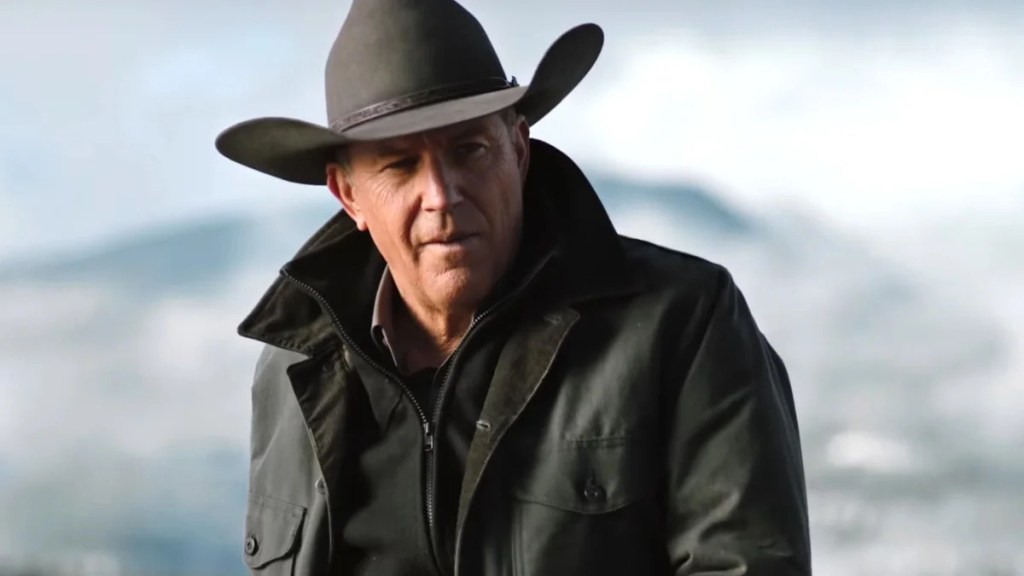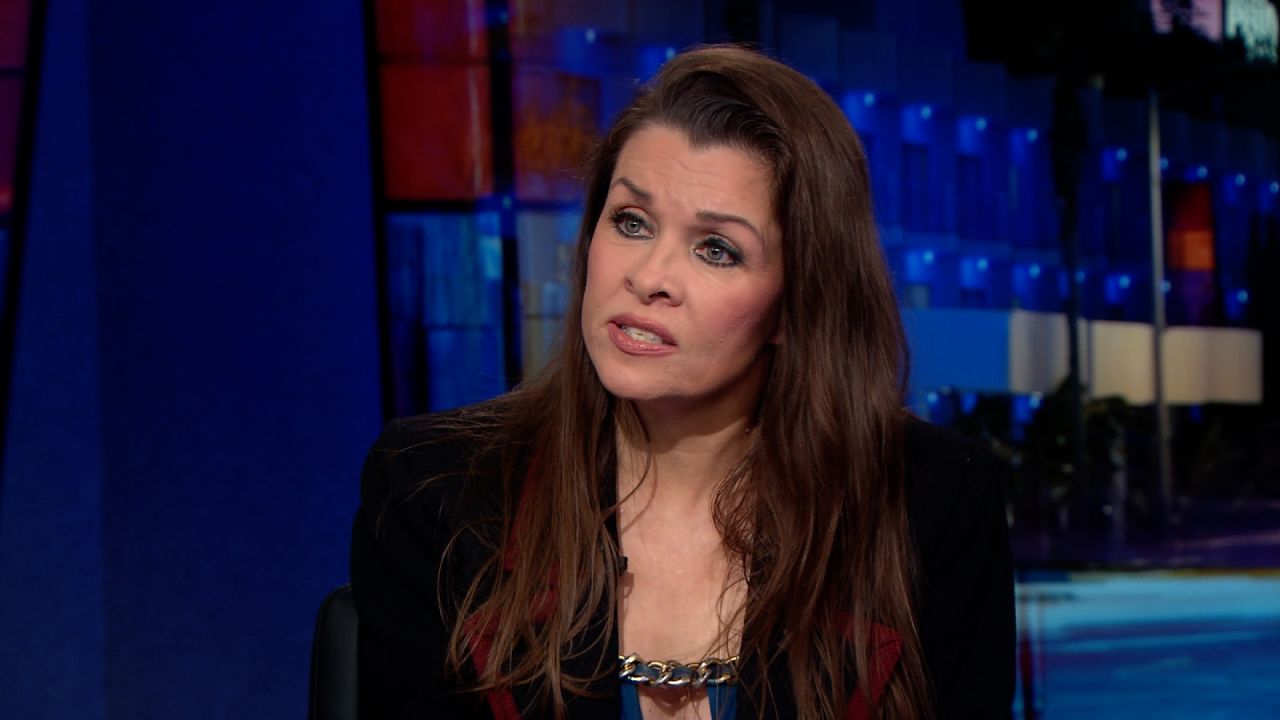Trump Orders Release of Epstein Grand Jury Testimony NOW

UPDATE: President Donald Trump has just ordered Attorney General Pam Bondi to seek the release of grand jury testimony connected to the late sex offender Jeffrey Epstein. This urgent move comes amid mounting pressure on his administration to disclose more details surrounding Epstein’s controversial history, particularly following recent revelations from the Justice Department and FBI.
In a post on Truth Social, Trump stated, “Based on the ridiculous amount of publicity given to Jeffrey Epstein, I have asked Attorney General Pam Bondi to produce any and all pertinent Grand Jury testimony, subject to Court approval.” He characterized the ongoing scrutiny as a “SCAM, perpetuated by the Democrats,” insisting it should end “right now!”
Minutes later, Bondi confirmed on X that her office is prepared to “move the court tomorrow to unseal the grand jury transcripts.” However, the timeline for any material release remains uncertain, as a judge will ultimately decide if the testimony can be made public.
This development is particularly significant given that Epstein was previously investigated by federal authorities in Florida during the 2000s, resulting in a controversial non-prosecution agreement and a guilty plea on state prostitution charges. He was later indicted in 2019 on federal charges of child sex trafficking. Epstein’s co-conspirator, Ghislaine Maxwell, has already been convicted for her role in his crimes.
The order comes on the heels of a recently released memo from the Justice Department and FBI, which claimed that Epstein did not possess an incriminating “client list” and did not attempt to blackmail any prominent figures before his death, ruled a suicide while in federal custody. This memo has drawn sharp criticism from various political factions, including some of Trump’s staunch supporters, who had anticipated more transparency from the administration about Epstein’s dealings.
Legal experts note that the government’s request to release grand jury materials is highly unusual. Mitchell Epner, a former federal prosecutor, remarked, “I’ve been in and around federal criminal cases for over 30 years. I’ve never heard of this before.” Typically, grand jury materials are kept confidential, and not all evidence presented leads to public disclosure during criminal proceedings.
As this story develops, all eyes will be on the court’s decision regarding the unsealing of these documents and the implications it may have on public understanding of the Epstein case. Stay tuned for further updates on this breaking news.






